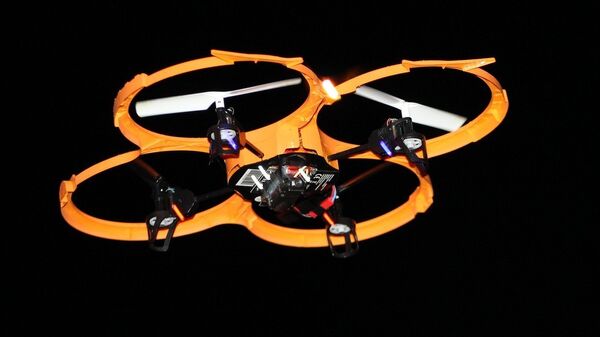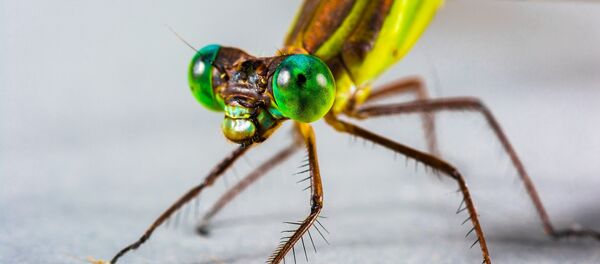The aerial drones (also known as UAVs) and robots are able to move around and inside remote or dangerous facilities. They take photographs of corrosion, the temperature as well as vibration or gas readings. All of this can be analyzed by computer algorithms as well as artificial intelligence (AI)
This new business will be called Avitas, and will form part of GE's overall portfolio, which has previously been focused on oil and gas, as well as transportation and the power sectors.
Meet our latest venture, @Avitas_Systems! Learn how they leverage #robotics, #AI, and advanced #data analytics: https://t.co/lnSgJDEBHV
— GE Ventures (@GE_Ventures) June 13, 2017
However, GE is not the only company to combine AI with robots to inspect industrial facilities.
IBM Corp has also been working on a similar system for about 12 months.
IBM has been looking at using cameras, so they can recognize defects in electronic components zipping through assembly lines in China and Taiwan.
Other projects involve acoustic sensors or training drones to spot frayed power lines on remote electrical towers.
"This is one of the hottest areas within IoT (Internet of Things) manufacturing," said Bret Greenstein, vice president of IBM Watson Internet of Things.
GE said its Avitas business will combine computer analytics and artificial intelligence with its knowledge of the industrial systems it builds and its existing inspection business.
"We know this equipment very well so we can program the robots, regardless of type, to gather the information we need for an inspection," Alex Tepper said.
While there has been speculation artificial intelligence (AI) could replace humans in certain mundane jobs in the near future, a leading Chinese expert has already warned that industrial robots will hardly have any impact on the country's labor market.
"Now that we have corporate demand for labor exceeding supply and this situation will hardly change until 2018, I don't think that the introduction of robots at our factories will have a serious impact on our labor market," Zhao Jiang, a senior expert at the Labor Relations Institute in Beijing, said.
This statement was supported by Alex Tepper, head of business development at Avitas Systems, who said he doubts robots will replace humans, but they will help lower costs.
"Automated crawlers and drones also address shifting demographics. Many inspection engineers are nearing retirement, and few young workers are interested in the field," Mr. Tepper said in a recent interview.


